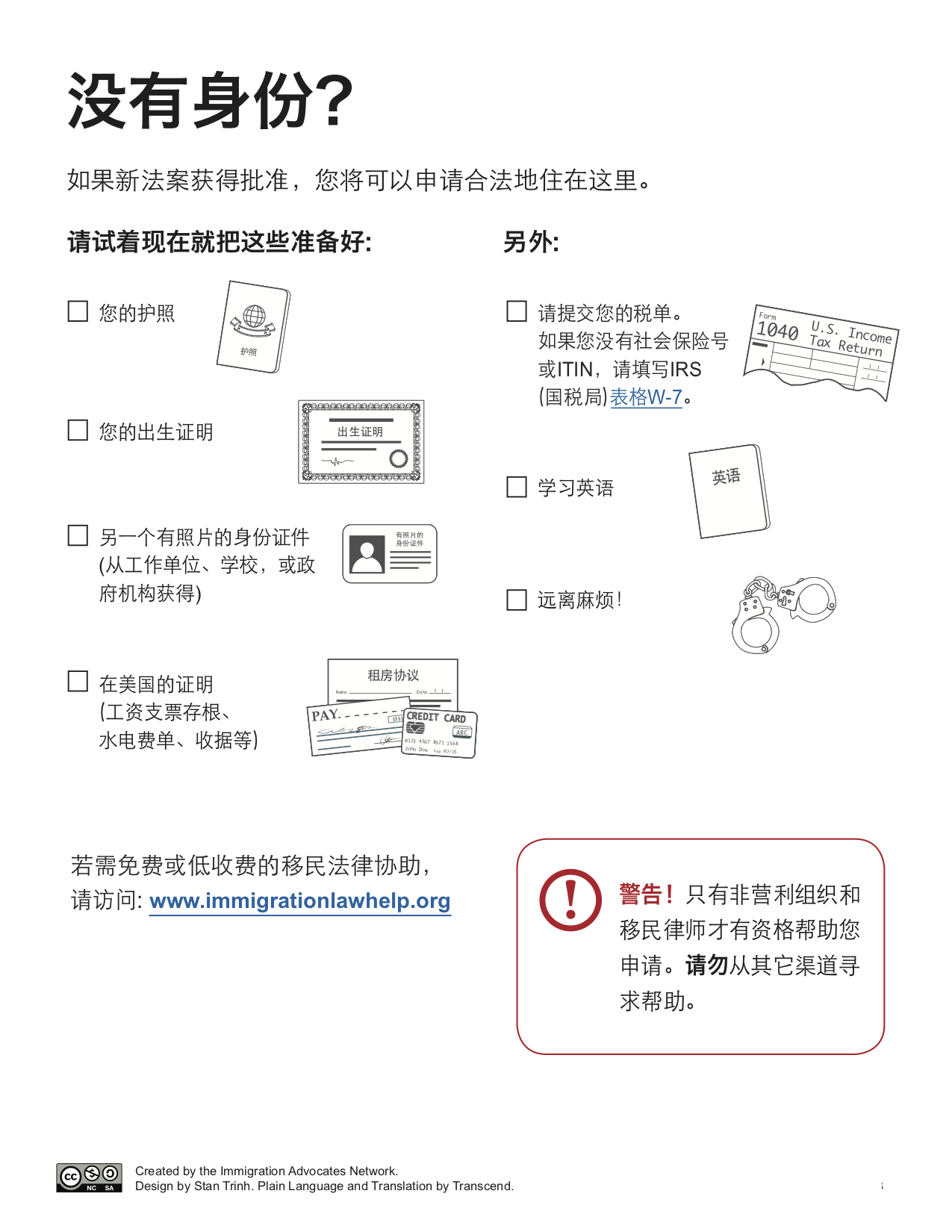


He was anointed, commissioned, and tasked with the cooperative sanctifying grace to spread the message of salvation in Jesus Christ through the preventive act of baptism. A Christian interpretation of this “trance-visitation” is that Harris received the spiritual light of prevenient grace he was divinely operated upon and this gave him the experience of feeling right with God by receiving justifying grace. He broke-free, irrevocably, from Glebo ATR demon worship. Here, in May and June of 1910, he had a supernatural spiritual experience in the form of an almost indescribable “trance-visitation.” It had a powerful effect on Harris. When civil war broke out again in the Cape Palmas area in January 1910 between the Nyomowe–Glebo and the American-Liberian settlers, Harris was re-arrested and imprisoned at Graton Prison. Being found guilty, he received a two-year suspended sentence with fines. Harris was then arrested and tried for treason.
Liberian pidgin english interpreter license#
Immediately afterwards, his license as a lay reader was also revoked.įuming, Harris replaced a Liberian flag with a Union Jack flag on a flagpole at Puduke Beach on February 13, 1909, causing him to be accused of taking part in an abortive coup d’état. However, he was implicated in the 1908 national unrest, and by June 1908, he had lost his two lucrative jobs as schoolmaster and court interpreter. He was, simultaneously, the master of the boarding school, a PEC appointed lay reader, a Glebo court interpreter, and the secretary of the Glebo peoples. By the end of 1907, Harris was at the zenith of a golden period. Trained by the PEC to be a schoolmaster, a catechist, an evangelist, and an ecclesiastical “knight in armor,” Harris fought several battles for both tribe and church, including that of the decisive Battle of Cavalla (1893 to 1896). Blyden became a politician and a diplomat who advocated that African Christianity show respect for the polygamous family and felt that faith ought to be preached based on the model of Islam with African culture serving as a background. Third, Harris was interested in a West-Indian born Presbyterian minister, writer, and academic by the name of Rev. Seton founded an Independent African Church called The African Evangelical Church of Christ (AECC) which allowed polygamy. He was a Russelite ordained minister of the PEC, who became a politician, an education commissioner, and a judge. Second, Harris was attracted to the anti-colonialist position of his Glebo family member, the Reverend S. First, he studied Russelite or Jehovah’s Witness tracts which emphasized millennialism and Christian eschatology. Three years later (c.1885 to 1886) he married Rose Bedo Wlede Farr in a church solemnized matrimony.Īs a young man, Harris sought new religious identities.

Liberian pidgin english interpreter full#
There Harris received the sacrament of confirmation and became a full member. Shortly thereafter, he was lured by brighter financial prospects at a neighboring Protestant Episcopal Church (PEC) under settler Bishop Samuel Ferguson (1885-1912). Harris admitted that it was the first time he converted. Thompson of the Methodist Episcopal Church (MEC) at Cape Palmas. Upon his final return in 1882, Harris received a call to preach on the occasion of a sermon by the Reverend E. Harris reported that he went to sea as a common laborer on four occasions. Upon returning to the Cape Palmas area, however, Poede Wadé withdrew Harris from this Christian setting and re-introduced him into Glebo ATR practice and culture, including the tradition of going to sea. Harris also trained to become a stone mason. They were taught to read and write in both English and G’debo, taught Christian faith doctrines, and grounded in the catechetical formations of Methodist life and practice. Lowrie, took Harris and his elder brother away to Nimo Country of the Sinoe District where they were rigorously groomed and transformed at home, school, and church. When civil war threatened between the G’debo United Kingdom and the colonist settlers, in Maryland County in 1873, Harris’ maternal uncle and Methodist minister, the Reverend John C. As a child, Harris was introduced early into his father’s religion and culture. His mother, Youde Sie, was a Methodist and his father, Poede Wadé, a follower of the African Traditional Religion (ATR) of the Glebo ethnic group. 1860 in the village of Half-Graway or Glogbale, in the Glebo Territory of Maryland County of the then-Commonwealth of Liberia. William Wadé Harris, also known as the Black Elijah, Prophet Harris, or simply the Prophet, was a trailblazer and a new kind of religious personage on the African scene, the first independent African Christian prophet.


 0 kommentar(er)
0 kommentar(er)
